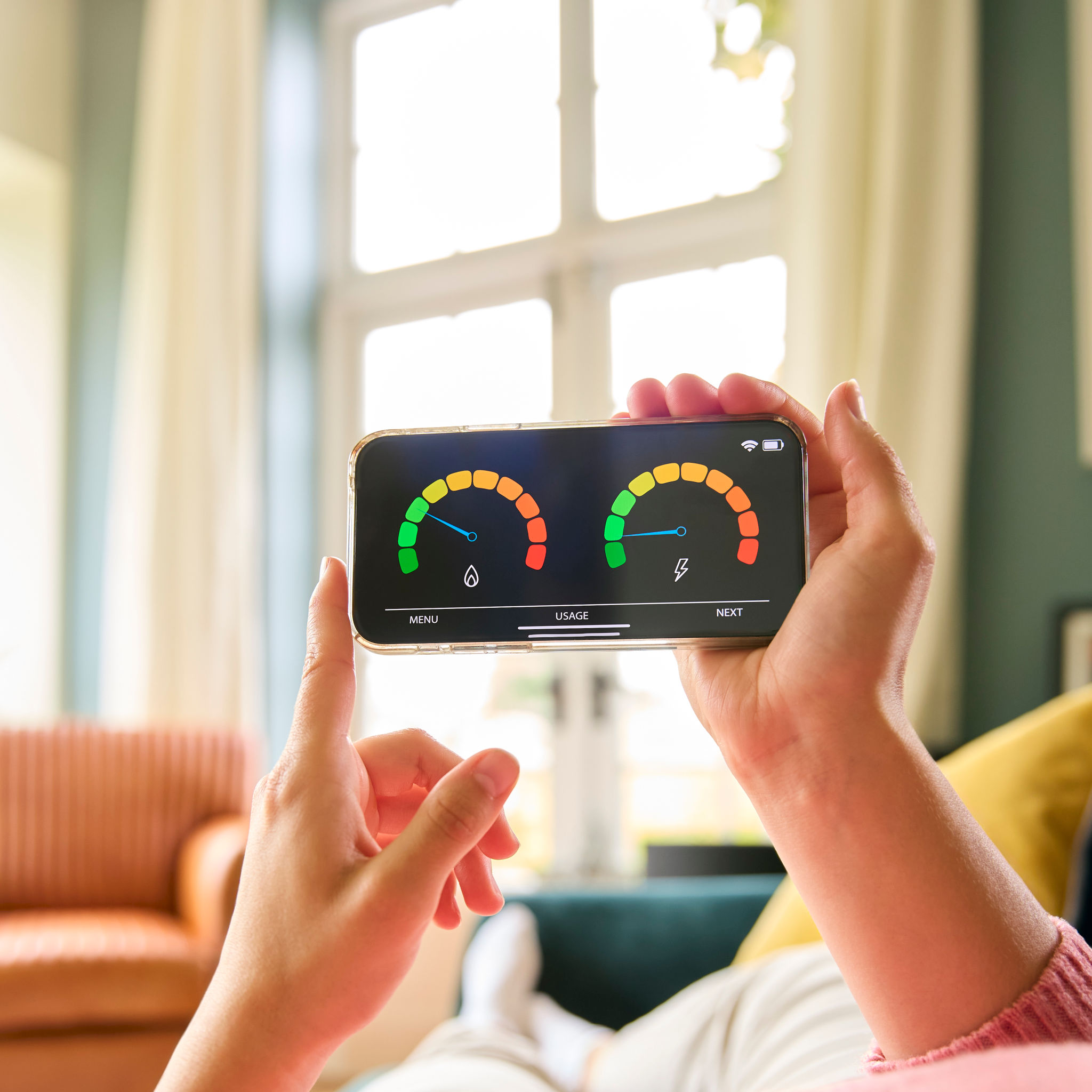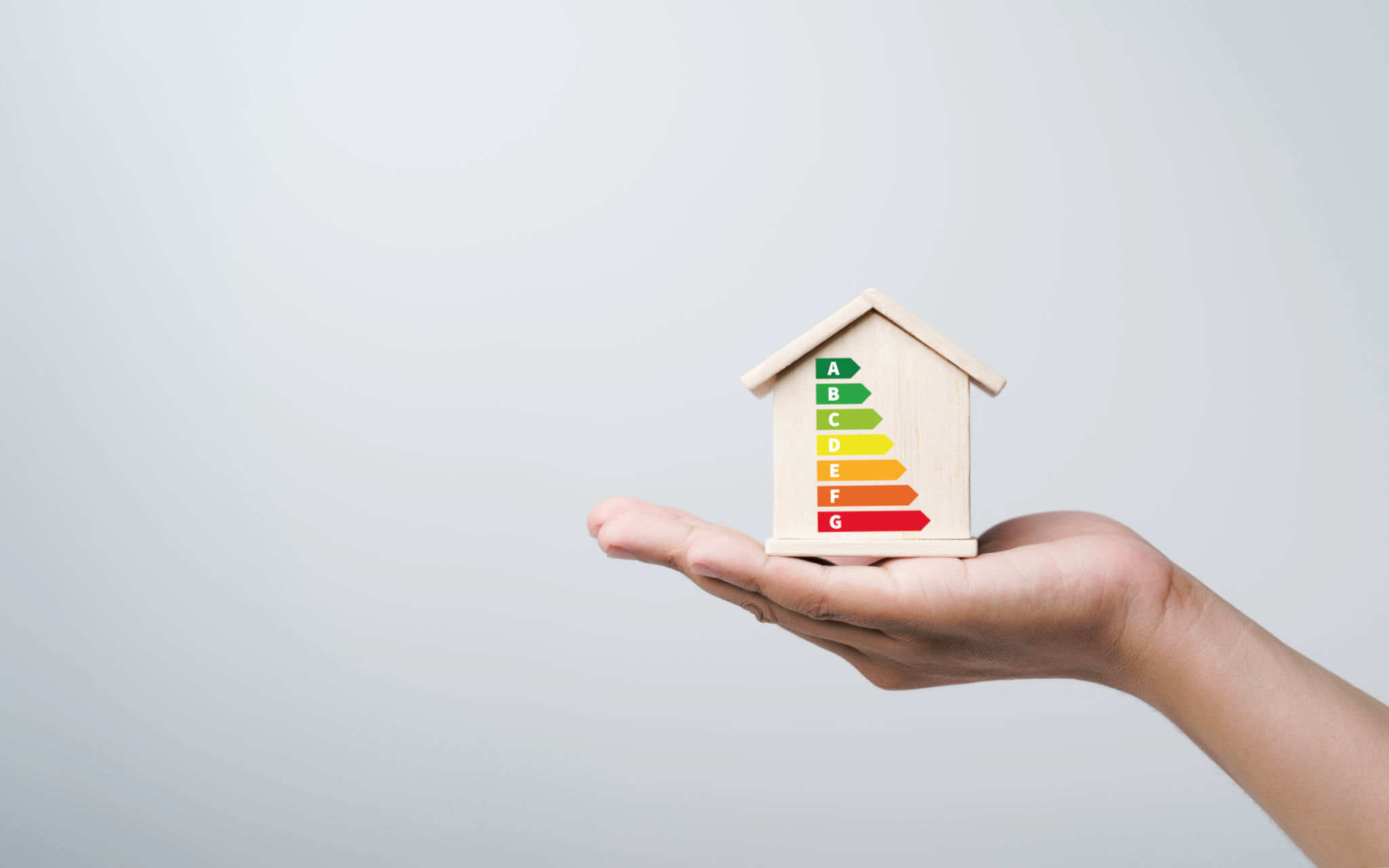Top Myths About British Smart Energy Management Debunked
Understanding Smart Energy Management
Smart energy management is transforming how we consume and manage electricity in our homes and businesses. With the rise of smart meters and innovative technologies, the UK is at the forefront of this energy revolution. However, several myths persist about smart energy management, which can lead to misunderstandings or reluctance to adopt these beneficial systems.

Myth 1: Smart Meters Are Invasive
One common myth is that smart meters invade privacy by tracking personal information. In reality, smart meters only measure energy usage in kilowatt-hours. They do not store or transmit personal data such as names or addresses. The data collected is used solely to provide accurate billing and to help consumers monitor their energy use more effectively.
Furthermore, energy providers must comply with strict data protection regulations, ensuring your information remains secure. Consumers have full control over how much data they share and can opt out of sharing usage details beyond billing purposes.
Myth 2: Smart Energy Systems Are Too Complicated
Another myth is that smart energy systems are too complex for the average user to understand. Contrary to this belief, smart energy management systems are designed with user-friendliness in mind. Most systems come with intuitive apps or interfaces that allow users to easily monitor and control their energy consumption.

These apps often provide insights into energy usage patterns, helping users make informed decisions on how to reduce energy consumption and save money. The simplicity of smart meters means they can be easily installed by professionals, with minimal disruption to your daily routine.
Myth 3: Smart Energy Solutions Are Not Cost-Effective
Many consumers believe that transitioning to smart energy solutions is an expensive endeavor with little return on investment. However, the reality is quite different. While there may be an initial cost associated with installing smart technologies, the long-term savings on energy bills often outweigh these costs.
Smart systems enable better energy efficiency, reducing wastage and lowering monthly bills. Additionally, government incentives and rebates are available to encourage the adoption of smart technologies, making them more accessible to a wider audience.

Myth 4: Smart Energy Management Is Only for Tech-Savvy Individuals
It's a misconception that smart energy management is exclusive to tech enthusiasts. The technology is designed to be accessible and beneficial to everyone, regardless of their technical expertise. The straightforward design and clear instructions make it easy for anyone to incorporate smart solutions into their lives.
Conclusion: Embracing Smart Energy Management
Debunking these myths is crucial in encouraging wider adoption of smart energy management systems. By understanding the true benefits and functionality of these technologies, more individuals can take advantage of the cost savings and environmental benefits they offer.
The future of energy management lies in embracing innovation and dispelling misconceptions. By doing so, we can all contribute to a more sustainable and efficient energy future.
